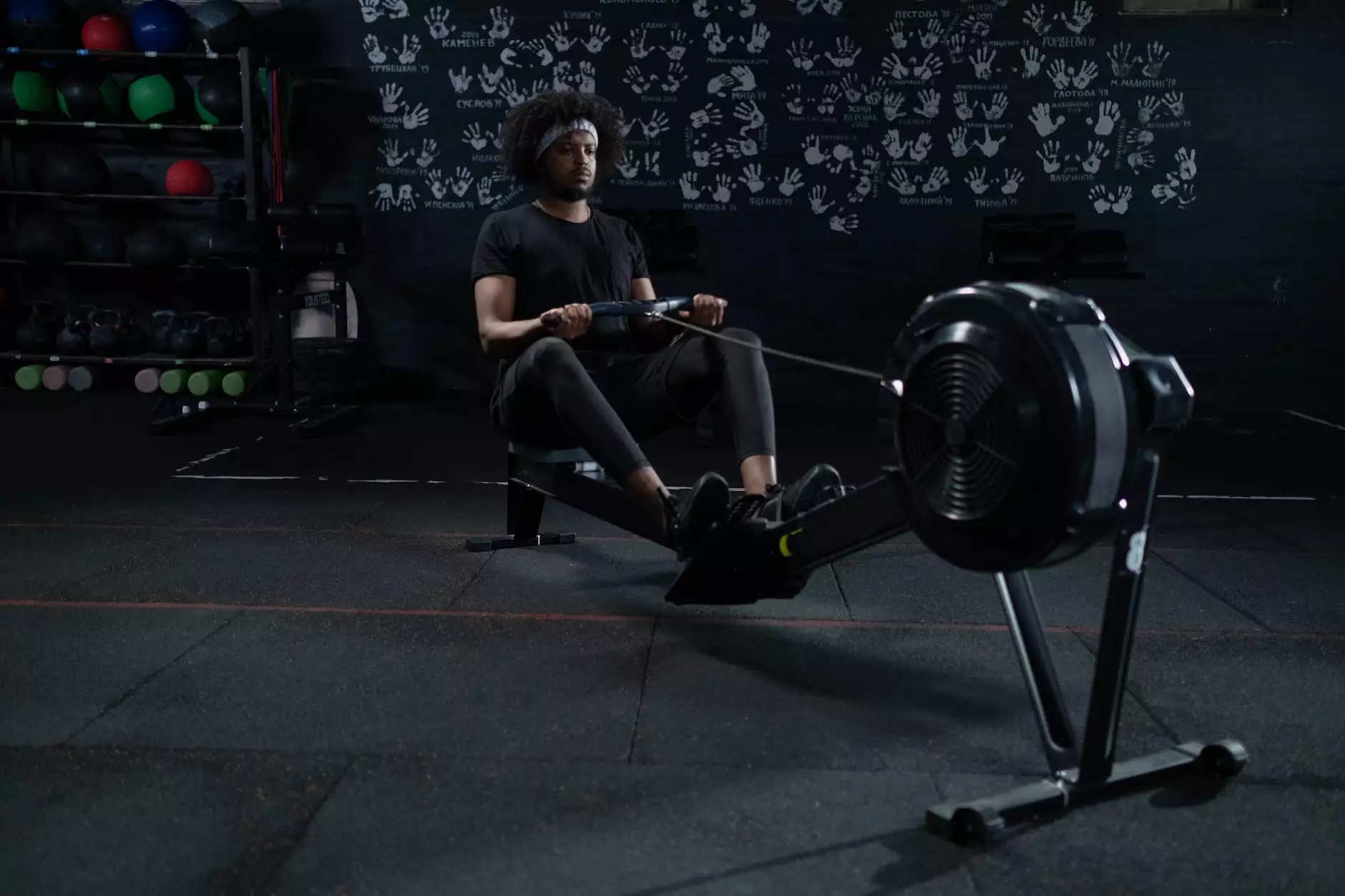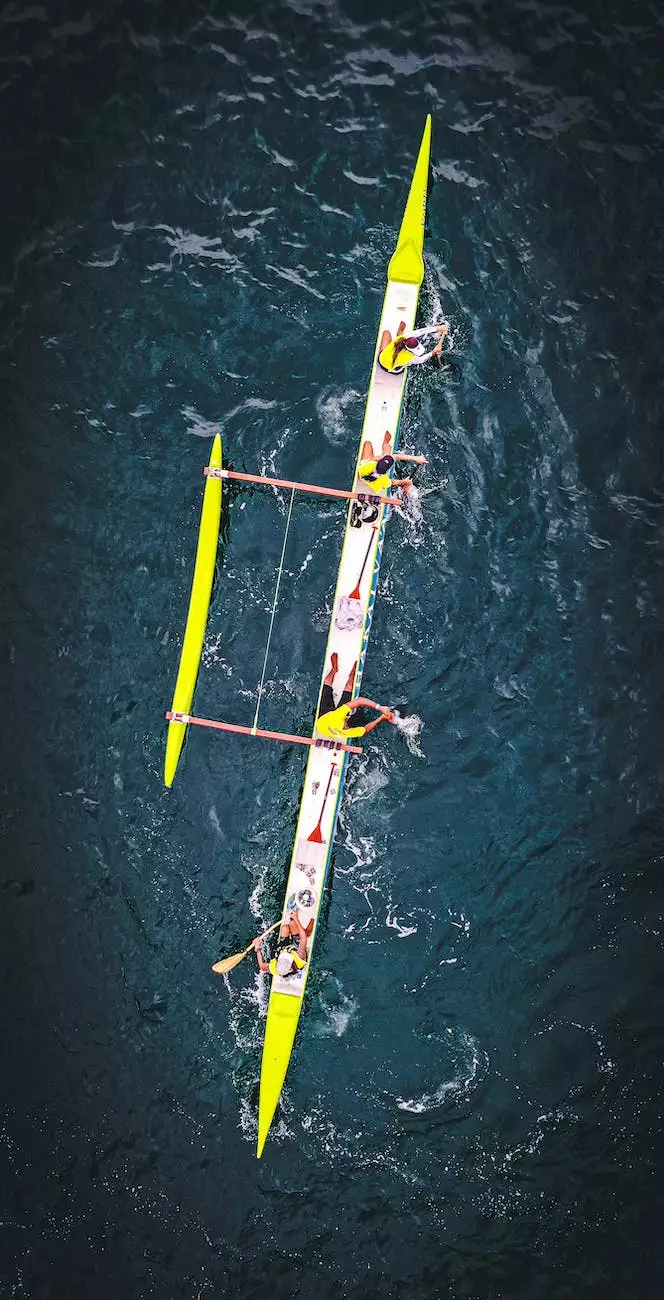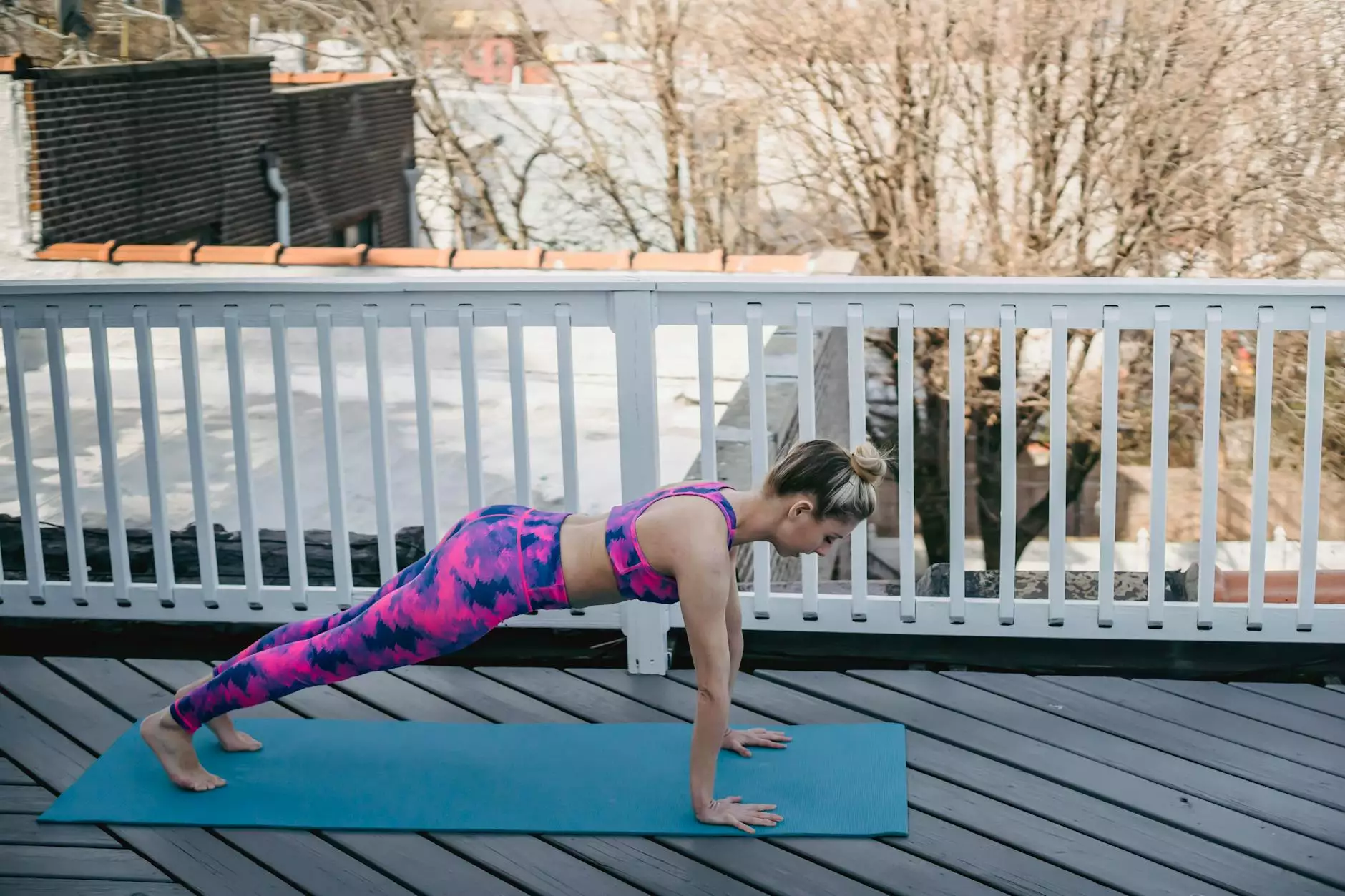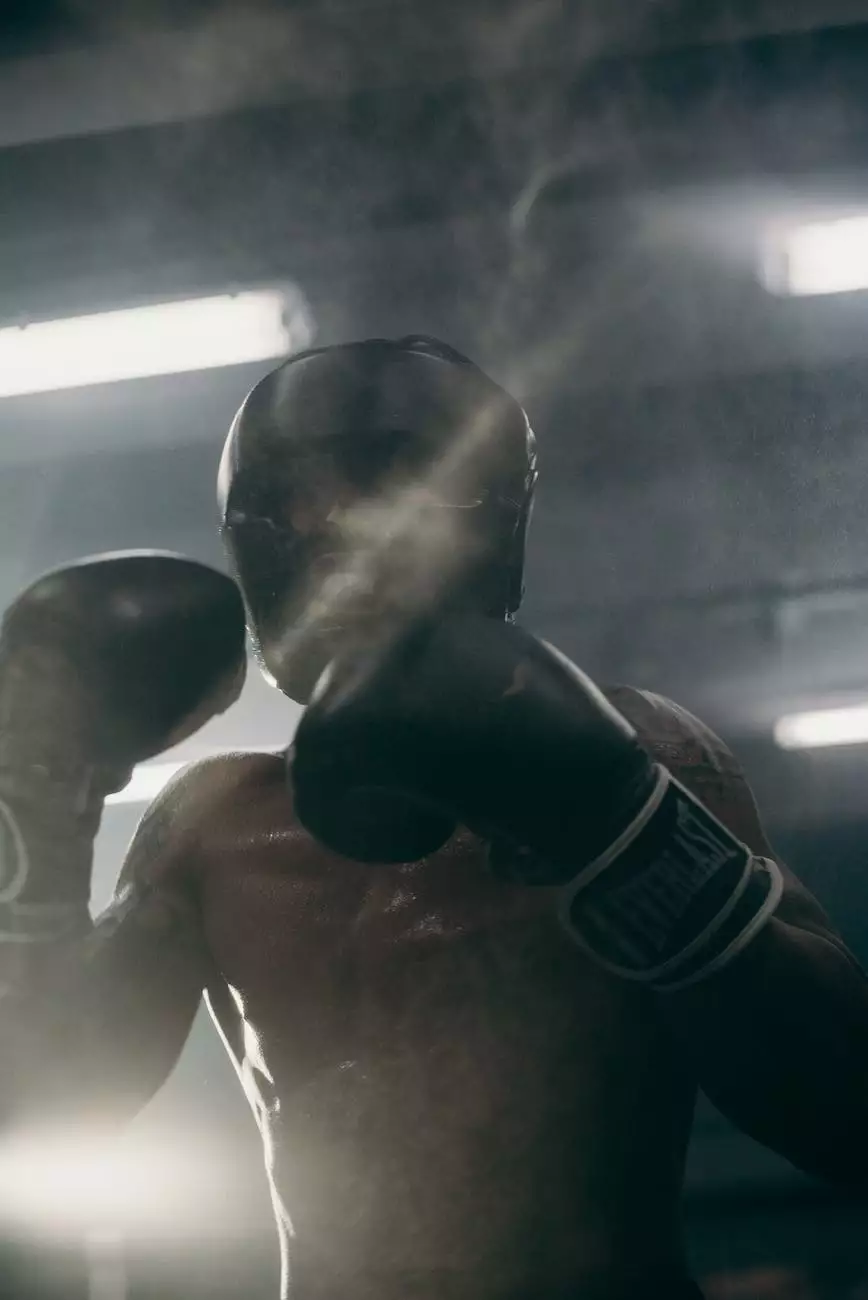Top 5 Things To Coach A Rowing Team While On The Water or On Land
Rowing Articles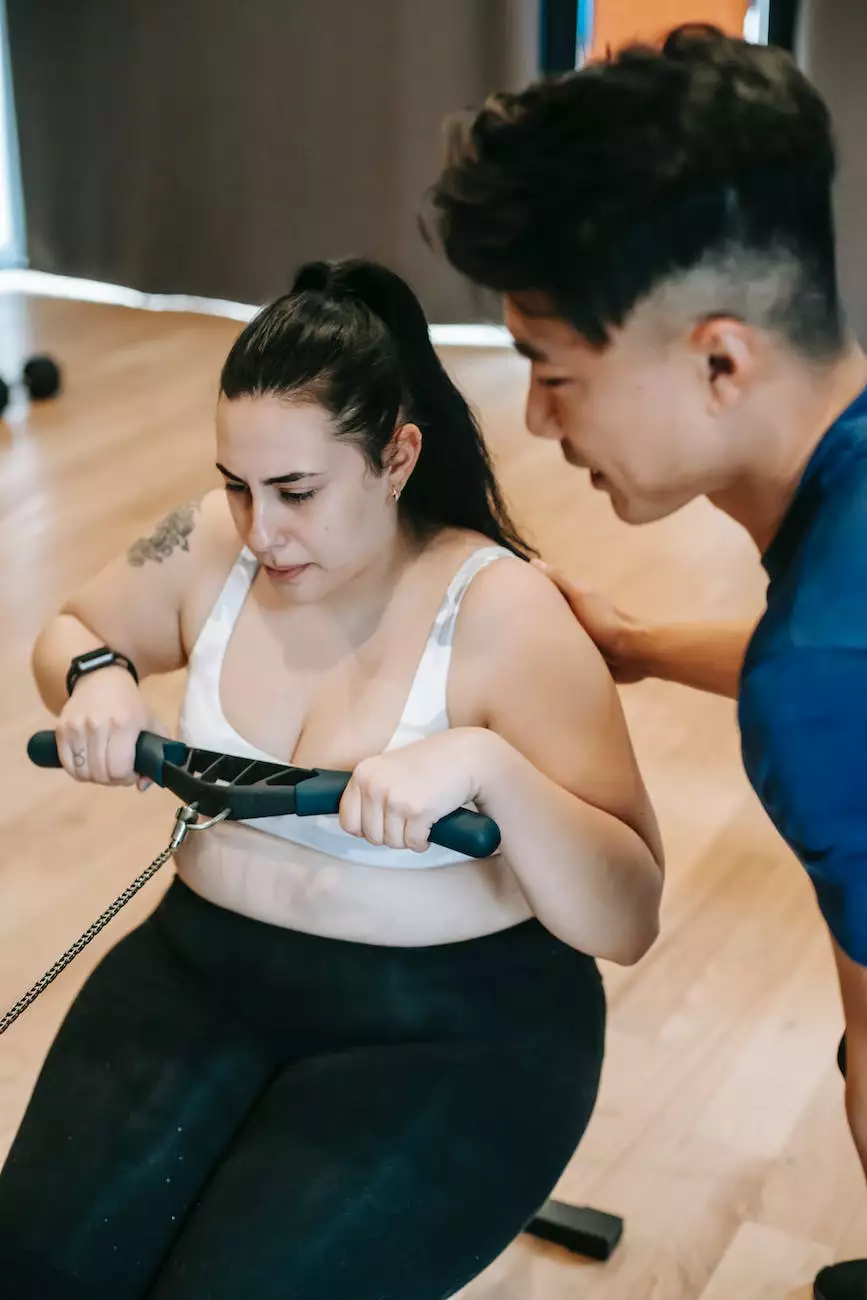
Introduction
Welcome to Knuckleheads Gym, your ultimate resource for all things sports-related. In this article, we will explore the top 5 techniques to coach a rowing team effectively, whether on the water or on land. By implementing these proven strategies, you'll be able to empower your rowers and ensure optimal performance in every session.
1. Proper Technique and Form
One of the most critical aspects of coaching a rowing team is focusing on proper technique and form. By providing comprehensive training on correct rowing mechanics, you can help your athletes achieve maximum efficiency and minimize the risk of injuries. Emphasize the importance of a strong core, proper posture, and effective stroke technique to enhance their performance and overall rowing experience.
2. Strength and Conditioning
A well-rounded rowing coach understands the significance of strength and conditioning training to excel in this sport. Incorporating a variety of exercises targeting the core, upper body, and lower body will help your rowers develop the necessary strength and endurance for long-distance rowing. Implementing comprehensive training programs that include weightlifting, cardiovascular exercises, and flexibility training will optimize their performance on both water and land.
3. Communication and Feedback
To foster a supportive team environment and improve individual and collective performance, effective communication and constructive feedback are essential. Regularly provide guidance and encouragement to your rowers, highlighting areas of improvement as well as their strengths. Encourage open communication and create a space where athletes can openly express their thoughts and concerns. This will foster a positive learning environment and enable your rowers to reach their full potential.
4. Race Strategy and Mental Preparation
Coaching a rowing team goes beyond physical training. Help your athletes develop effective race strategies and mental preparation techniques to unleash their full potential during competitions. Teach them how to visualize success, set goals, and manage pre-race nerves. By instilling confidence and mental resilience, your rowers will be better equipped to overcome challenges and perform at their best when it matters most.
5. Injury Prevention and Recovery
As a coach, it's crucial to prioritize injury prevention and ensure proper recovery protocols are in place. Incorporate warm-up and cool-down routines into every practice session to reduce the risk of injuries. Educate your rowers on the importance of proper nutrition, hydration, and rest for optimal performance and recovery. Additionally, provide guidance on injury management and rehabilitation exercises to support your athletes' overall well-being.
Conclusion
In summary, coaching a rowing team successfully requires a combination of technical expertise, effective communication, and a holistic approach to training. By implementing the top 5 techniques outlined in this article - focusing on proper technique and form, incorporating strength and conditioning training, emphasizing communication and feedback, developing race strategy and mental preparation, and prioritizing injury prevention and recovery - you'll empower your rowers to achieve their full potential both on the water and on land.
At Knuckleheads Gym, we strive to provide comprehensive resources and support for coaches in the sports industry. Our team of experienced professionals is dedicated to helping you enhance your coaching skills and achieve outstanding results. Visit our website to explore more articles, tips, and training programs designed to elevate your coaching abilities.




